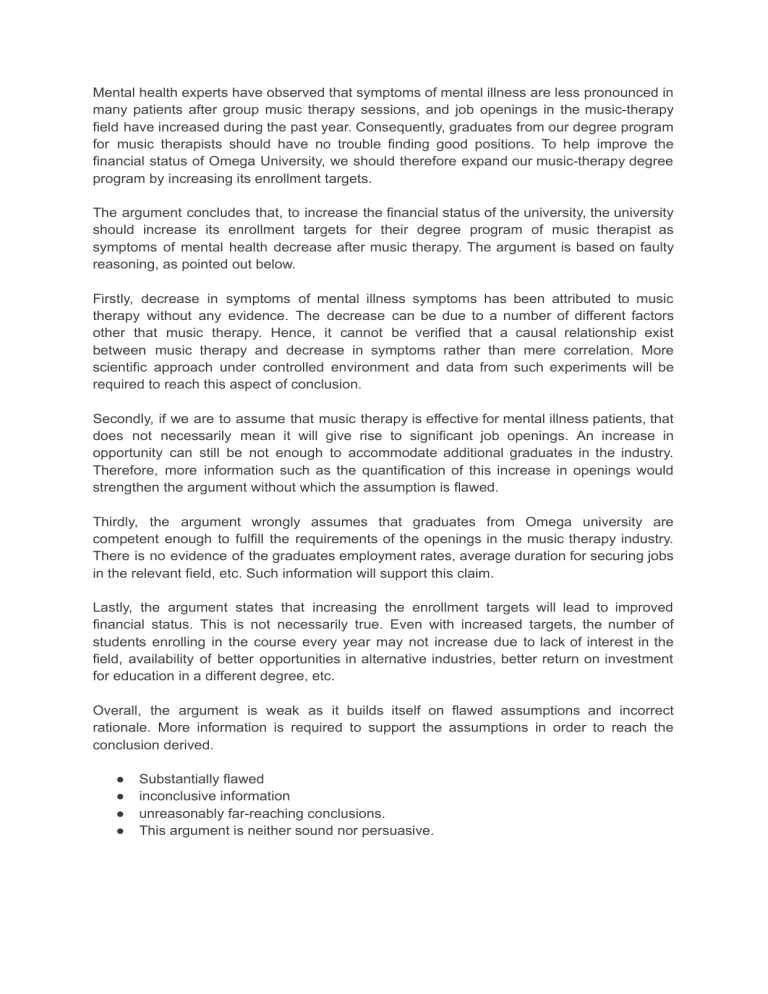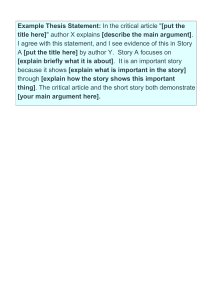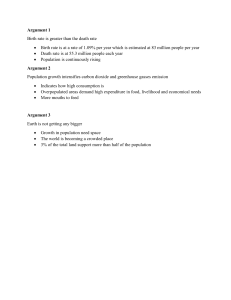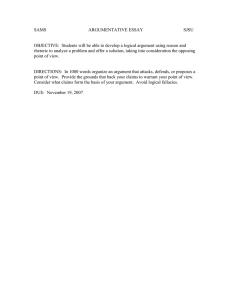
Mental health experts have observed that symptoms of mental illness are less pronounced in many patients after group music therapy sessions, and job openings in the music-therapy field have increased during the past year. Consequently, graduates from our degree program for music therapists should have no trouble finding good positions. To help improve the financial status of Omega University, we should therefore expand our music-therapy degree program by increasing its enrollment targets. The argument concludes that, to increase the financial status of the university, the university should increase its enrollment targets for their degree program of music therapist as symptoms of mental health decrease after music therapy. The argument is based on faulty reasoning, as pointed out below. Firstly, decrease in symptoms of mental illness symptoms has been attributed to music therapy without any evidence. The decrease can be due to a number of different factors other that music therapy. Hence, it cannot be verified that a causal relationship exist between music therapy and decrease in symptoms rather than mere correlation. More scientific approach under controlled environment and data from such experiments will be required to reach this aspect of conclusion. Secondly, if we are to assume that music therapy is effective for mental illness patients, that does not necessarily mean it will give rise to significant job openings. An increase in opportunity can still be not enough to accommodate additional graduates in the industry. Therefore, more information such as the quantification of this increase in openings would strengthen the argument without which the assumption is flawed. Thirdly, the argument wrongly assumes that graduates from Omega university are competent enough to fulfill the requirements of the openings in the music therapy industry. There is no evidence of the graduates employment rates, average duration for securing jobs in the relevant field, etc. Such information will support this claim. Lastly, the argument states that increasing the enrollment targets will lead to improved financial status. This is not necessarily true. Even with increased targets, the number of students enrolling in the course every year may not increase due to lack of interest in the field, availability of better opportunities in alternative industries, better return on investment for education in a different degree, etc. Overall, the argument is weak as it builds itself on flawed assumptions and incorrect rationale. More information is required to support the assumptions in order to reach the conclusion derived. ● ● ● ● Substantially flawed inconclusive information unreasonably far-reaching conclusions. This argument is neither sound nor persuasive.





